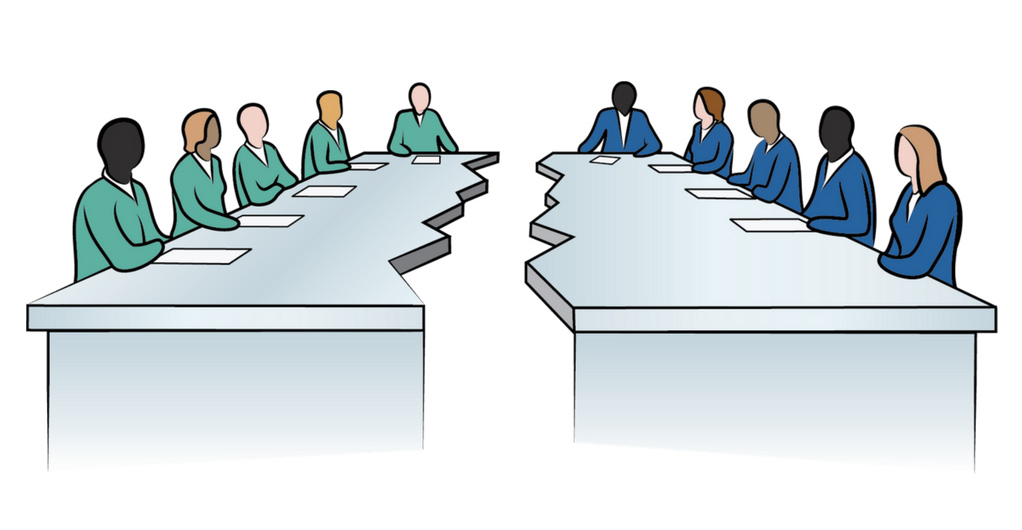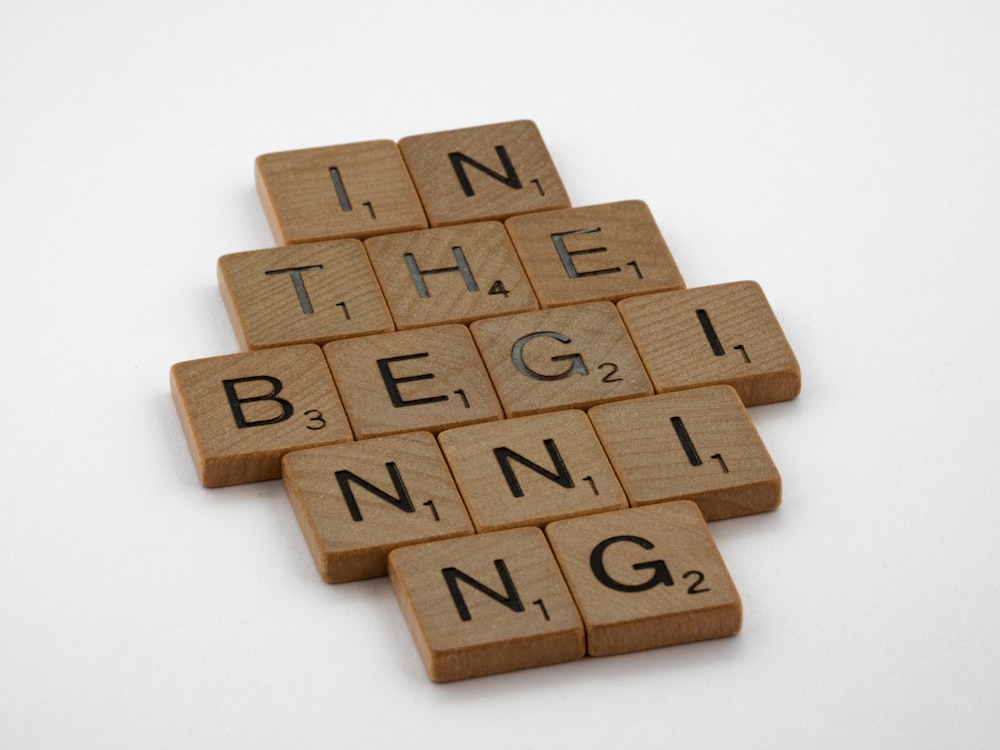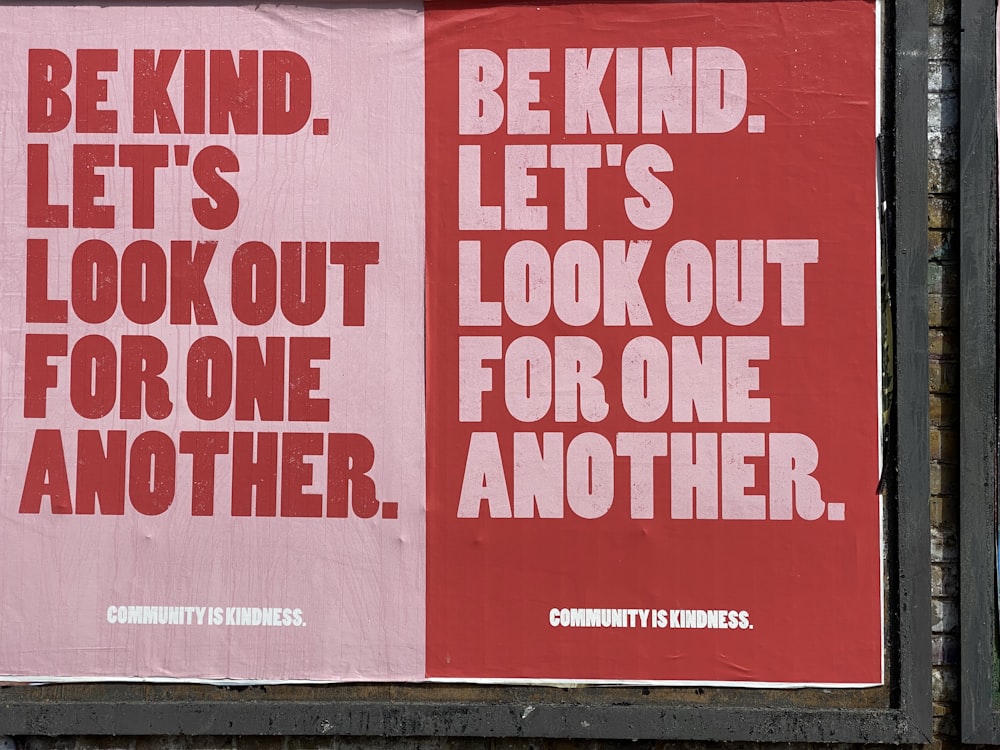
In the Catholic Peace Weekly a Catholic University professor gives the readers his thoughts on the joy of the life of a child of God.
"When we meet Jesus, our lives change into a joyful feast." It is a phrase that beautifully expresses the Christian life.
The Gospel of John announces the beginning of Jesus' public life with the story of the wedding feast at Cana. This may be to convey that because the Word became human and lives among us, our life with Him becomes a feast that cheers the heart like wine.
Just as alcohol cannot be left out at a banquet, if Jesus is missing from the life of a Christian, it will be as dull and sluggish as ‘steamed bread without anchovy’. Faith is a life with Jesus and a joyous feast. This is the core message of the New Testament. In fact, Jesus lived his life like a feast and invited everyone to that life of joy.
The 'Sermon on the Mount' contains the core of Jesus’ teachings—an invitation to a life with God. Jesus taught us how to live joyfully, not through old-fashioned teachings or commandments imposed as obligations but the life of a child of God who knows God and calls Him 'Abba, Father!'
The God Jesus taught us is a merciful Father who creates and cares for all things in the world and generously provides for his children.
"If you then, being evil, know how to give good gifts to your children, how much more will your Father in heaven give good gifts to those who ask him!" (Matthew 7:11).
The life of a child who calls God their father can only be one of joy and delight. It is the comfort, consolation, and reassurance that one feels in the warm embrace of one's father, free from all the cares and worries of the world. So there is no need to worry, Jesus says. "So don’t worry about tomorrow. Tomorrow will worry about tomorrow. Enough are the troubles of each day!"(Matthew 6:34)
Of course, human life is full of hardships, trials, and worries. Everyone's life situation is different. There are times when we are poor, times when we are sad, times when we hunger and thirst for righteousness, and times when we are persecuted. There are times when the world ridicules us because we are gentle, merciful, pure in heart, and dream of peace. However, God's children see God the Father's great will and plan beyond what the world sees, and we believe and hope in the kingdom of God promised to our children. And although everything in the world will pass away, he is confident that God the Father's promises will be fulfilled in His children, and that His justice and mercy will ultimately triumph.
The joy of living as a child of God does not come automatically. It is a series of spiritual battles that fight against despair and discouragement without giving up hope in the face of the hardships that come with it every day. In order to win that fight, we must believe in the presence of God the Father, who is always with us, and place our hope in His promise that He will care for and protect us until the end. In order to do so, we must listen to the voice of God who always speaks to each of us anew, and open our eyes to the love of God who gave everything for us through his Son.
But it is also a battle of joy. No matter what situation we are in, when we are confident that God is with us with infinite love and will protect us until the end, we will overcome many situations for which no human solution is possible, and we will experience true happiness as children of the Father. Because you will taste it here and now.





